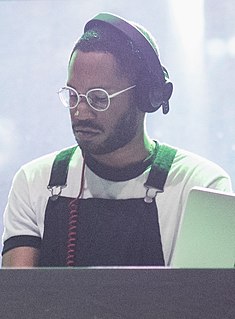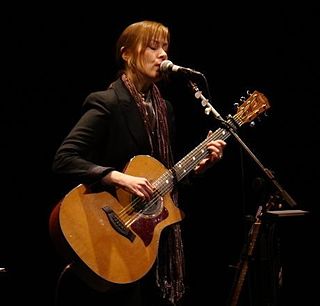A Quote by Garry Marshall
I think a lot of creative people have no sense of numbers and economics.
Related Quotes
Anyway that's a large part of what economics is - people arbitrarily, or as a matter of taste, assigning numerical values to non-numerical things. And then pretending that they haven't just made the numbers up, which they have. Economics is like astrology in that sense, except that economics serves to justify the current power structure, and so it has a lot of fervent believers among the powerful
I think some people need the assurance of people around them and ideas worked out in advance. I think it keeps me an edge that to be creative on the spot. You have to think of things to do when you meet people. You limit your choices from the beginning. So I don't bring a lot of lenses, cameras, all these elements that can help the picture to a shooting. You confine yourself to, say, one room and you just make it work. You become very creative in that little space. You have left a lot of other options out of the game.
Economists get very uncomfortable when you talk about virtue and vice. It doesn't lend itself to a lot of columns with numbers. But I would argue that there are big virtue effects in economics. I would say that the spreading of double-entry bookkeeping by the Monk, Fra Luce de Pacioli, was a big virtue effect in economics. It made business more controllable, and it made it more honest.
I think there's a great storytelling tradition in the restaurant business that tends to attract people with an oral tradition of bulls - ting and bollocking. Creative people, people for whom the 9-to-5 world is not attractive or impossible. It seems that way. There are a lot of stories in the business, and a lot of characters - and it seems to attract its share of artists and writers and people who hope to do something creative in their lives.
I think poetry always lives its life, and people come to it and people go away from it, 'people' in the sense of larger numbers of people. It's as though you begin to think that poetry is a resource, and that at certain times people seem to need it or want it or can find sustenance in it, and at other times they can't.
How should the best parts of psychology and economics interrelate in an enlightened economist's mind?... I think that these behavioral economics...or economists are probably the ones that are bending them in the correct direction. I don't think it's going to be that hard to bend economics a little to accommodate what's right in psychology.
I think, in terms of corporate philosophy, I've always believed that you've got to treat people in a very very egalitarian manner in the sense I like to treat people on a one-to-one basis. And I like people to take on a lot of responsibilities because I think with a sense of responsibility also comes a sense of purpose.
I think that people are really hungry for original content. I think there's a sense of reboots and remakes, and we're lacking in any sense of originality in media. So, I think the people who want something like this which has a graphic novel feel or comic book feel but that is designed and created for the medium of television, I think that is something is very appealing to a lot of people.
I do sense, as compared with let's say the early '50s, there's somewhat more of a careerism. I don't think it's anything special to economics; it's equally true with physics or biology. A graduate education has become a more career-oriented thing, and part of that is because of the need for funding. In fact, that's a much worse problem in the natural sciences than it is in economics. So you can't even do your work in the natural sciences, particularly, and even to some extent in economics, without funding.



































